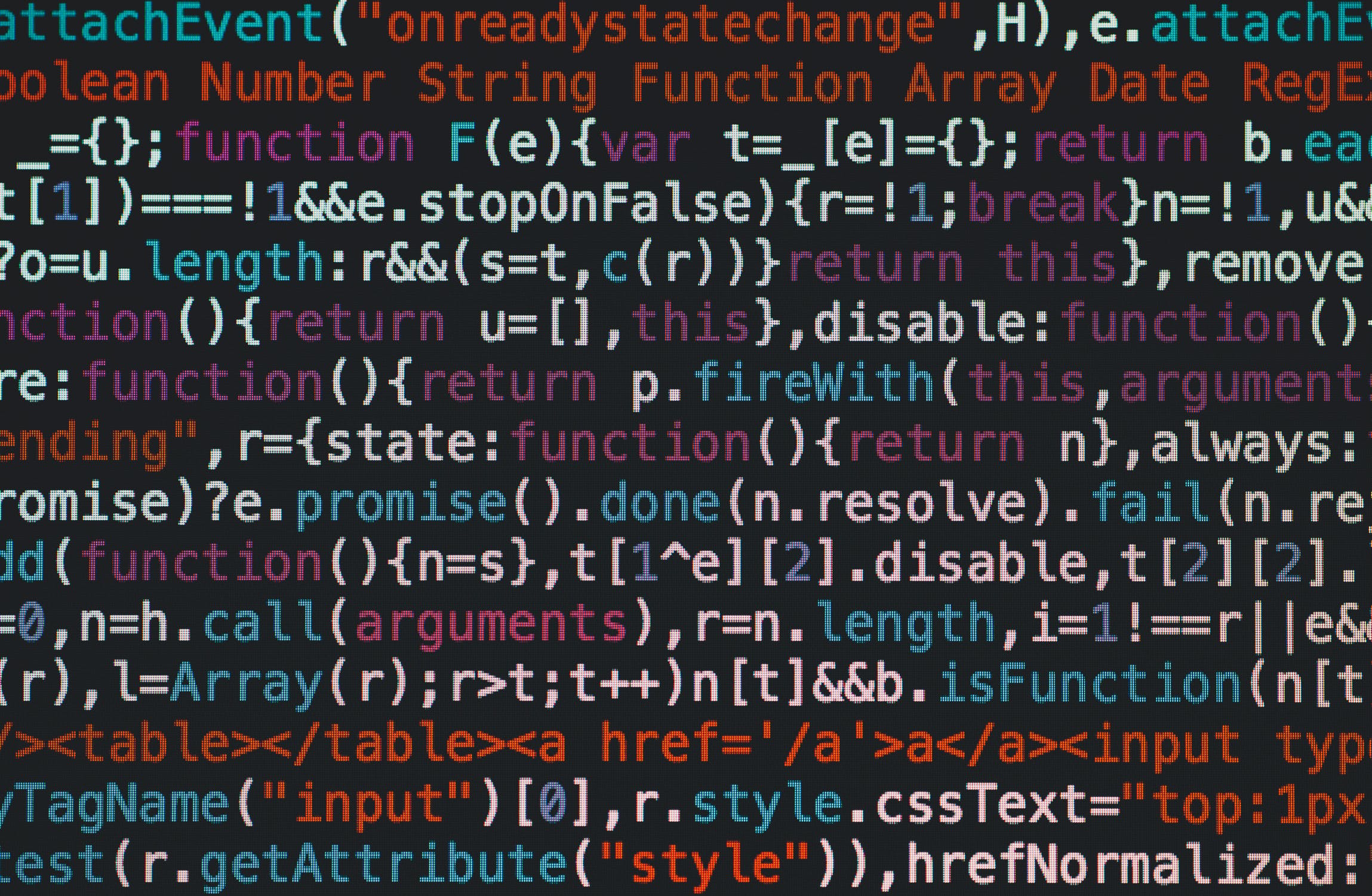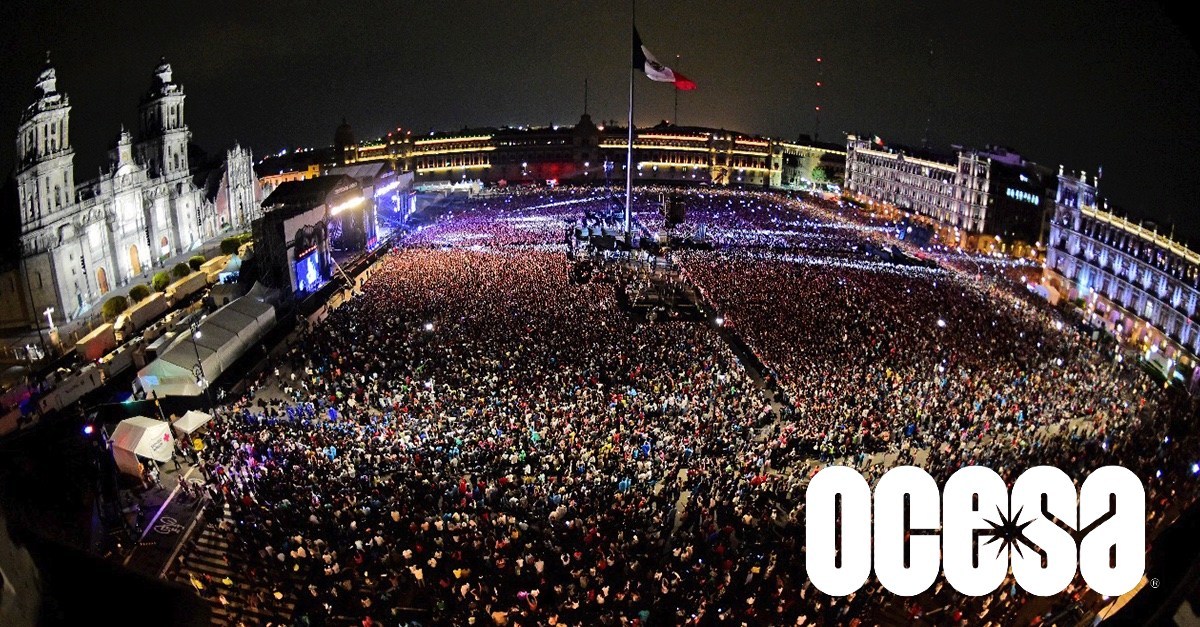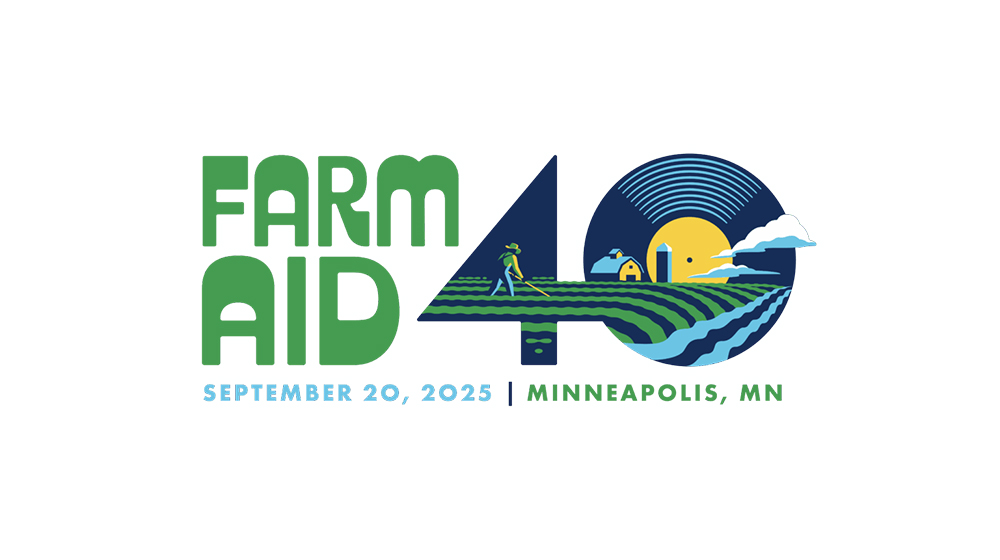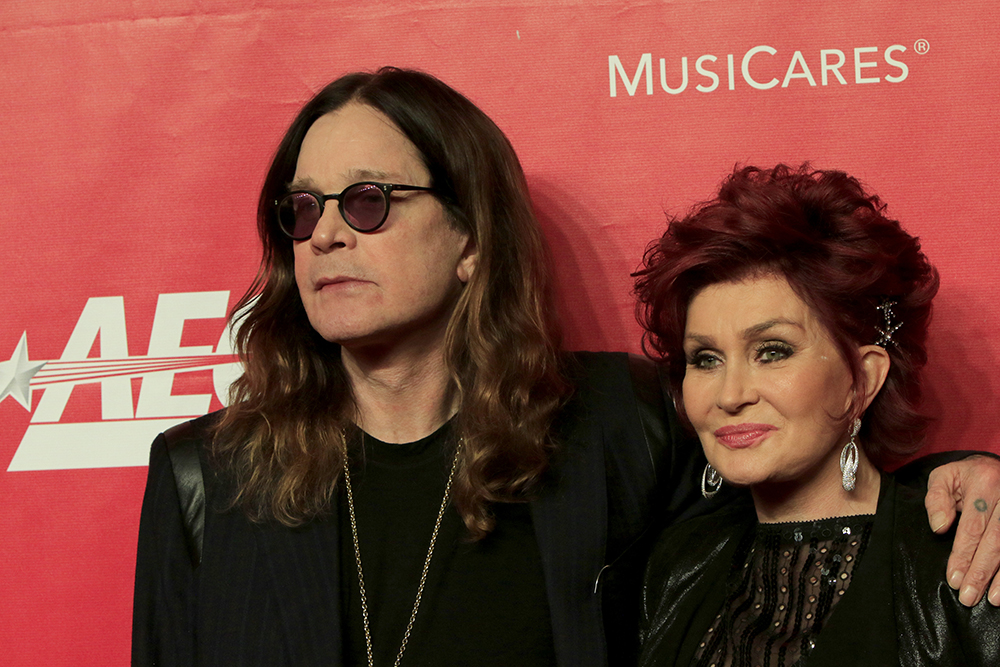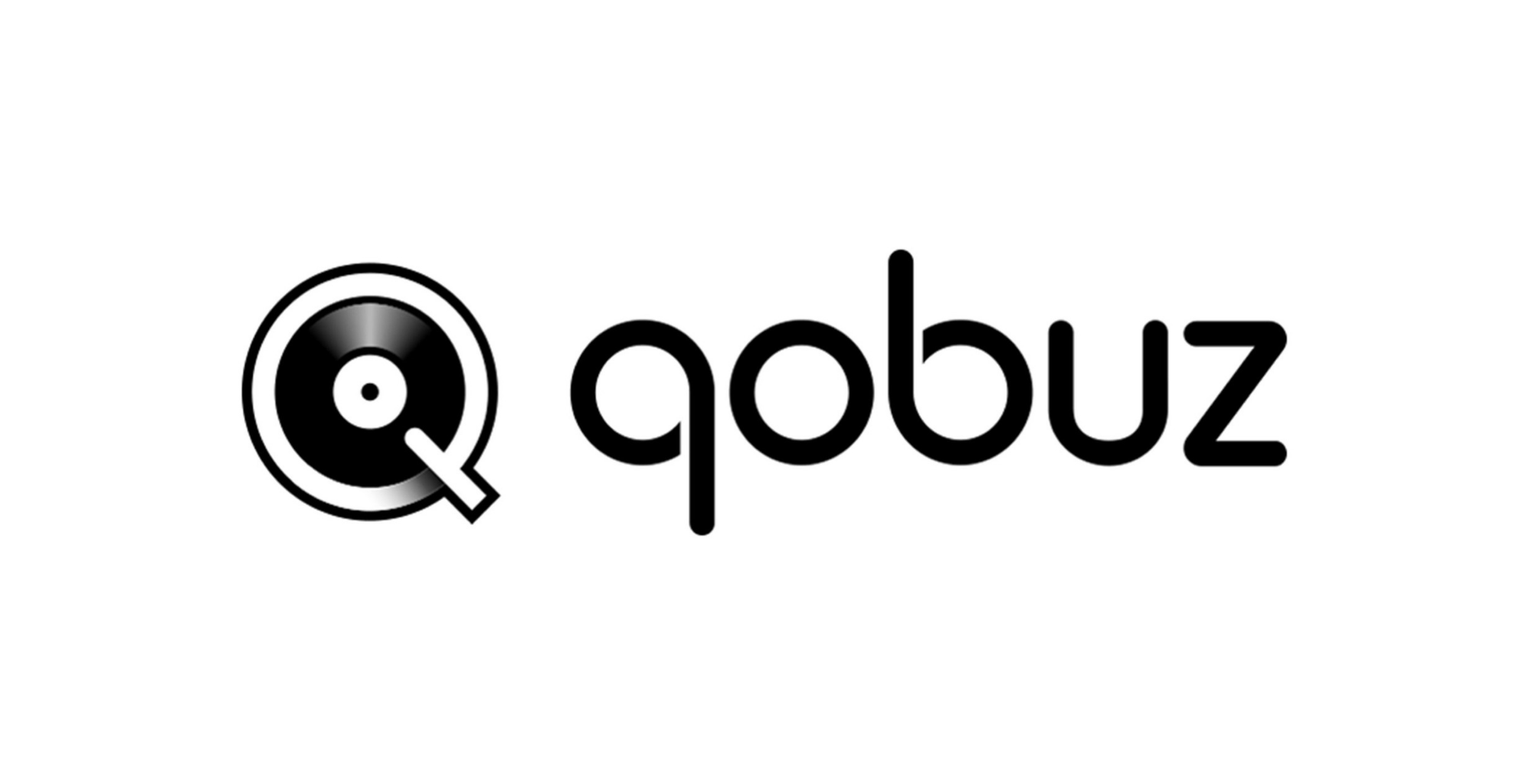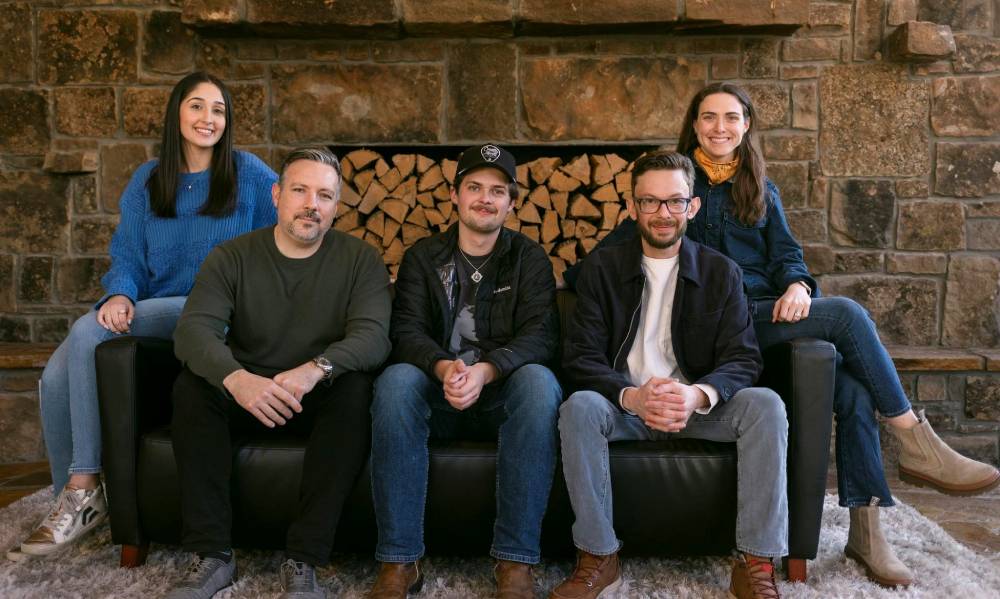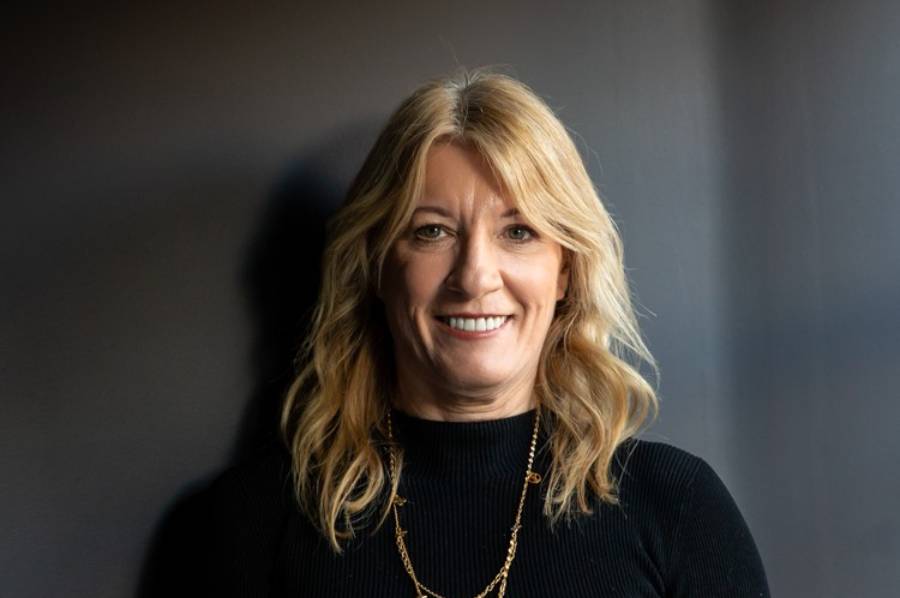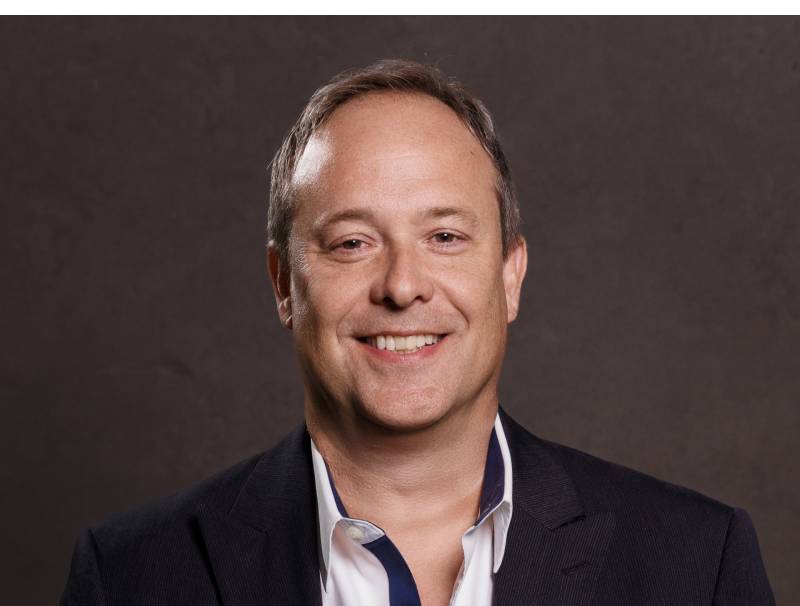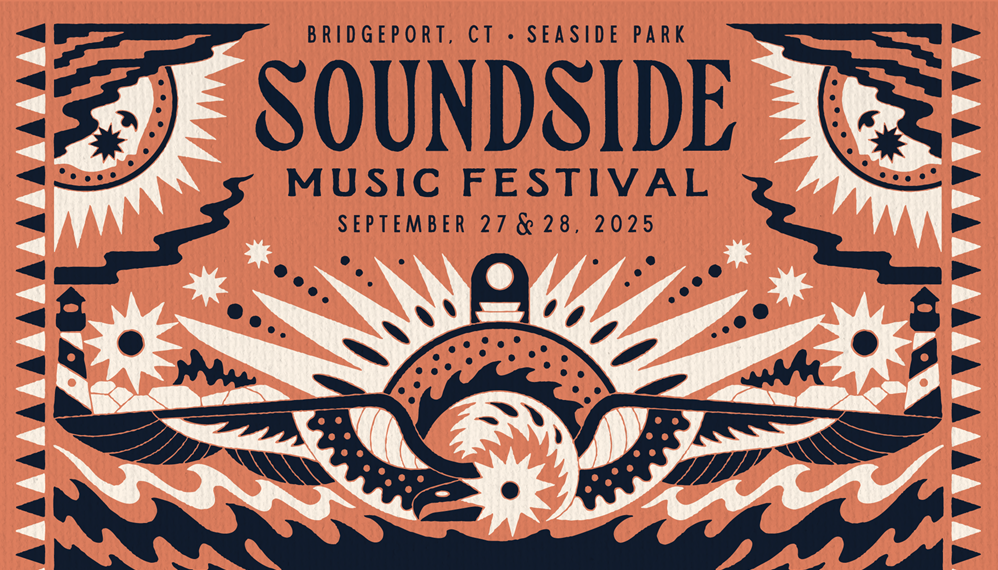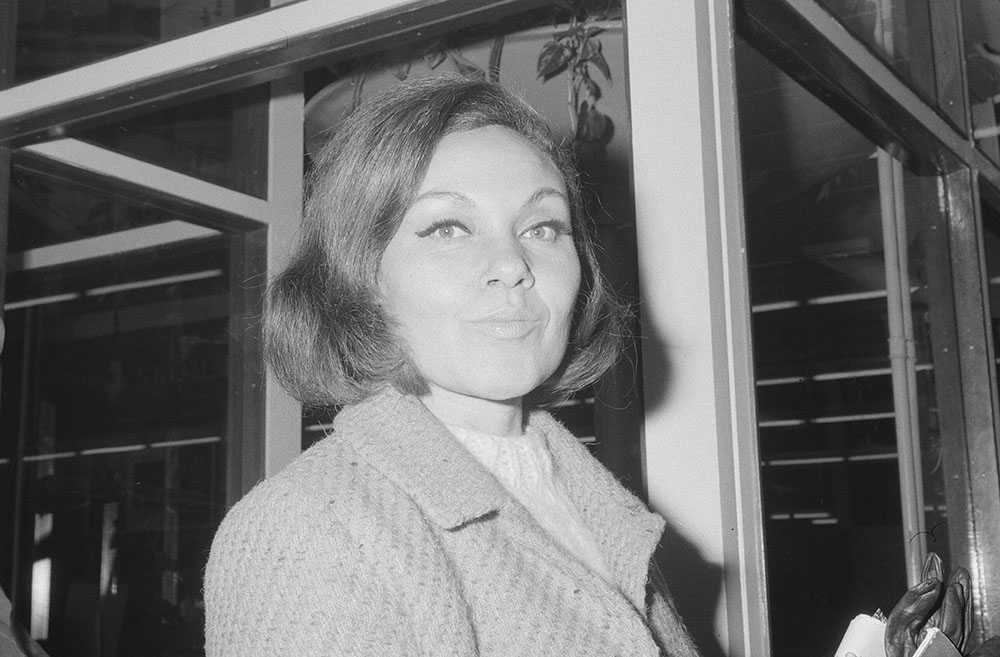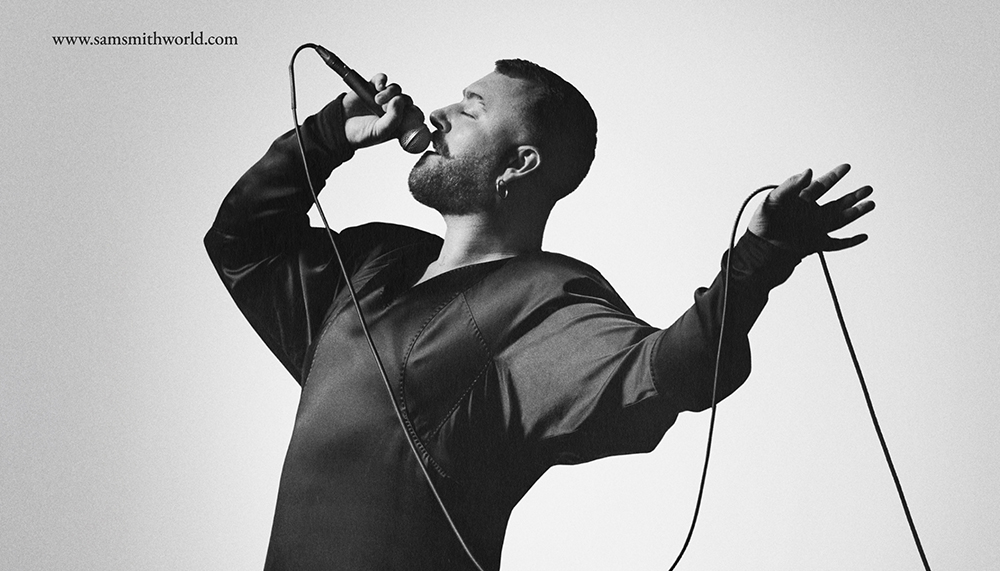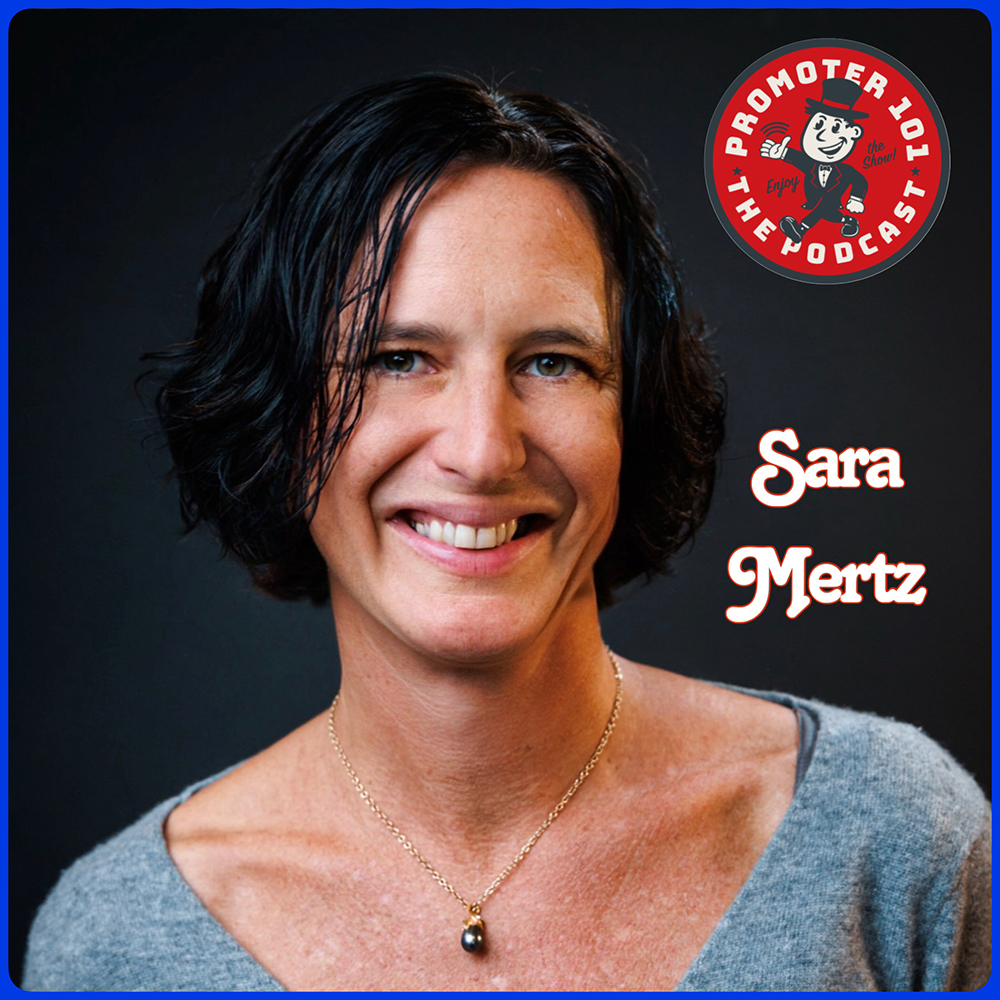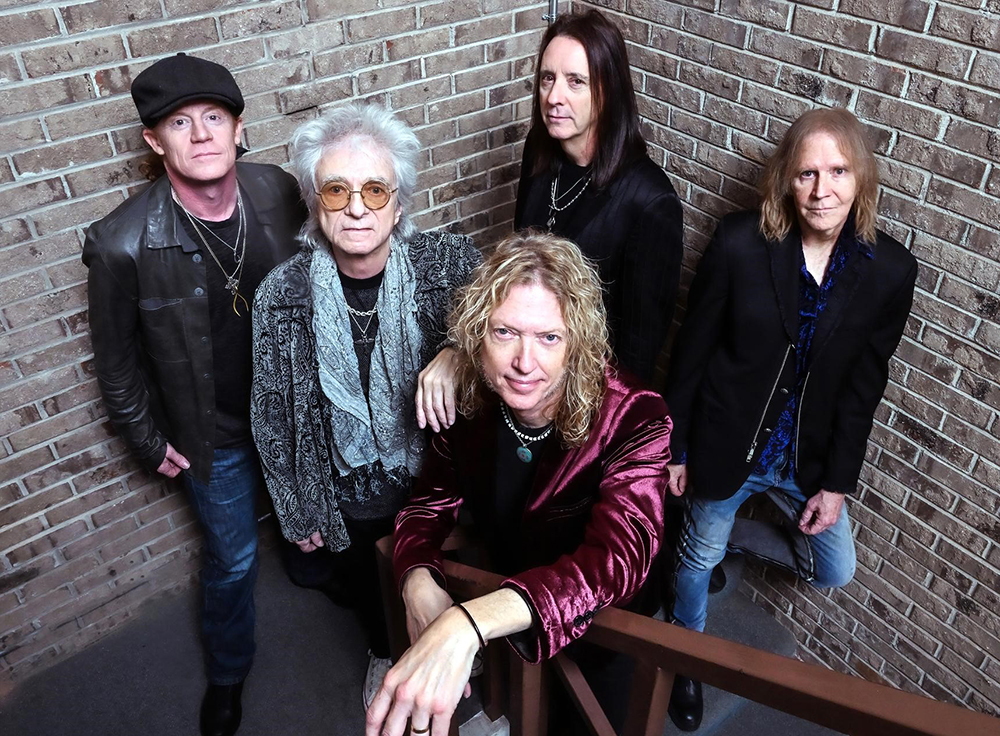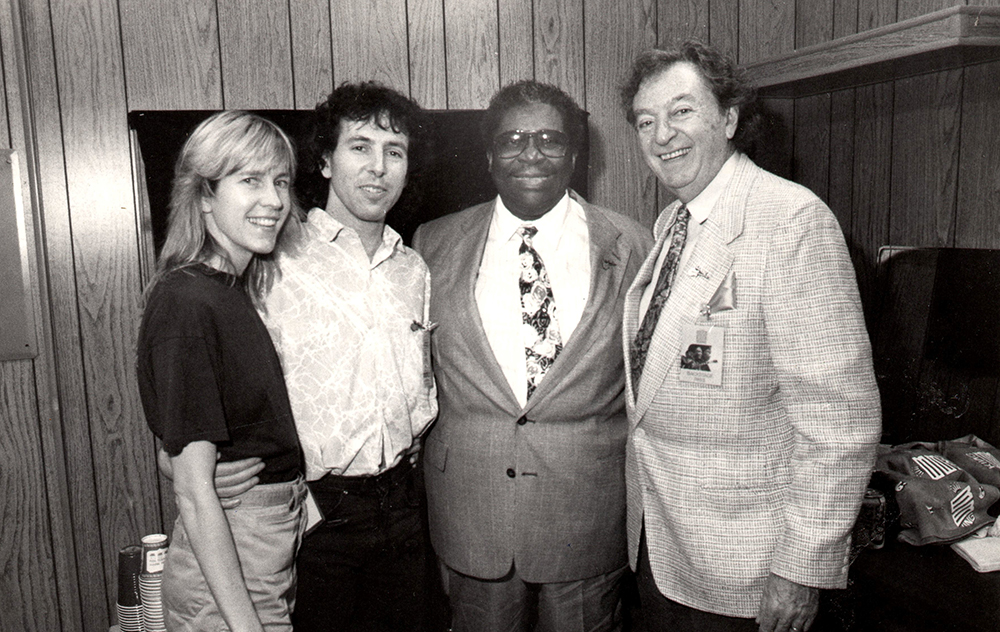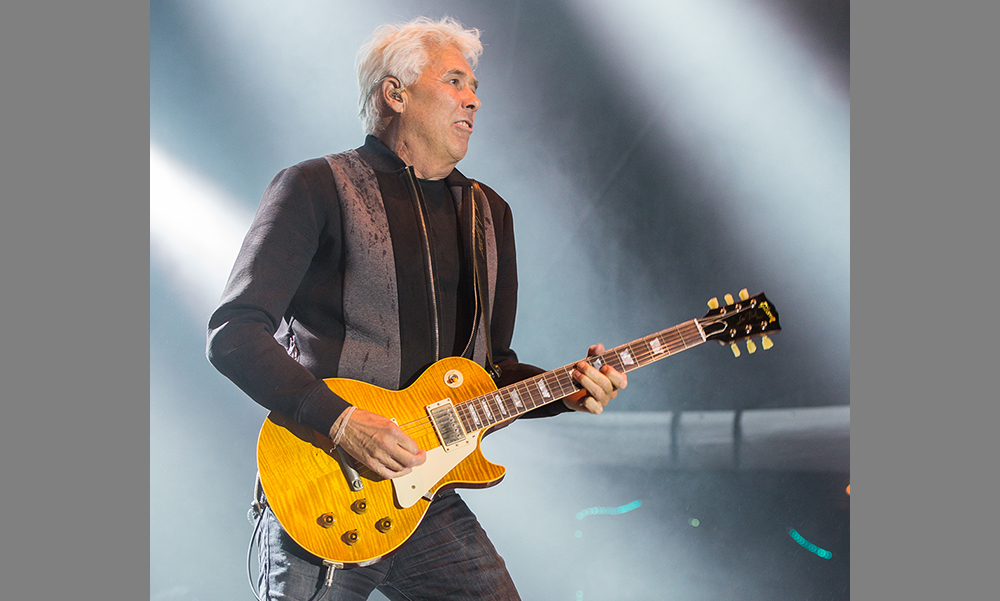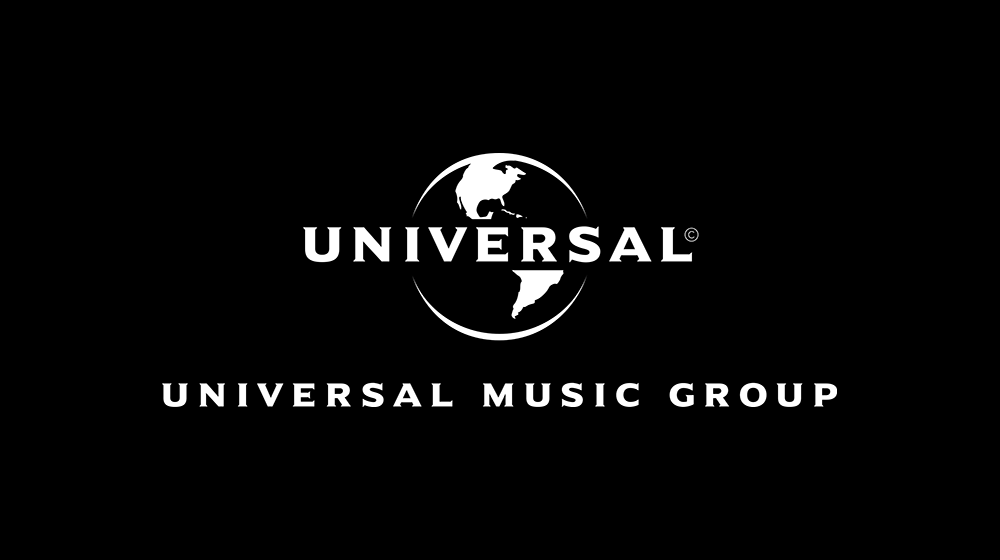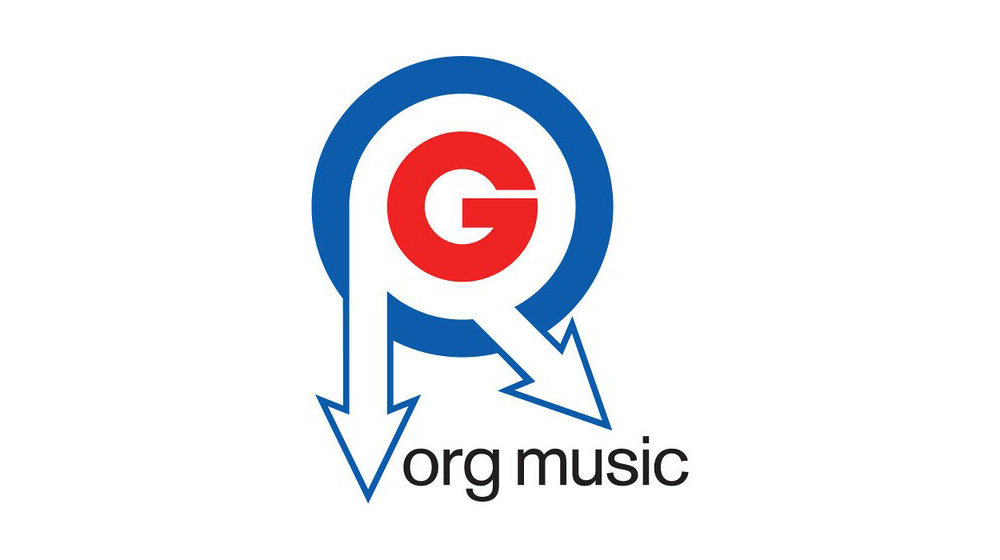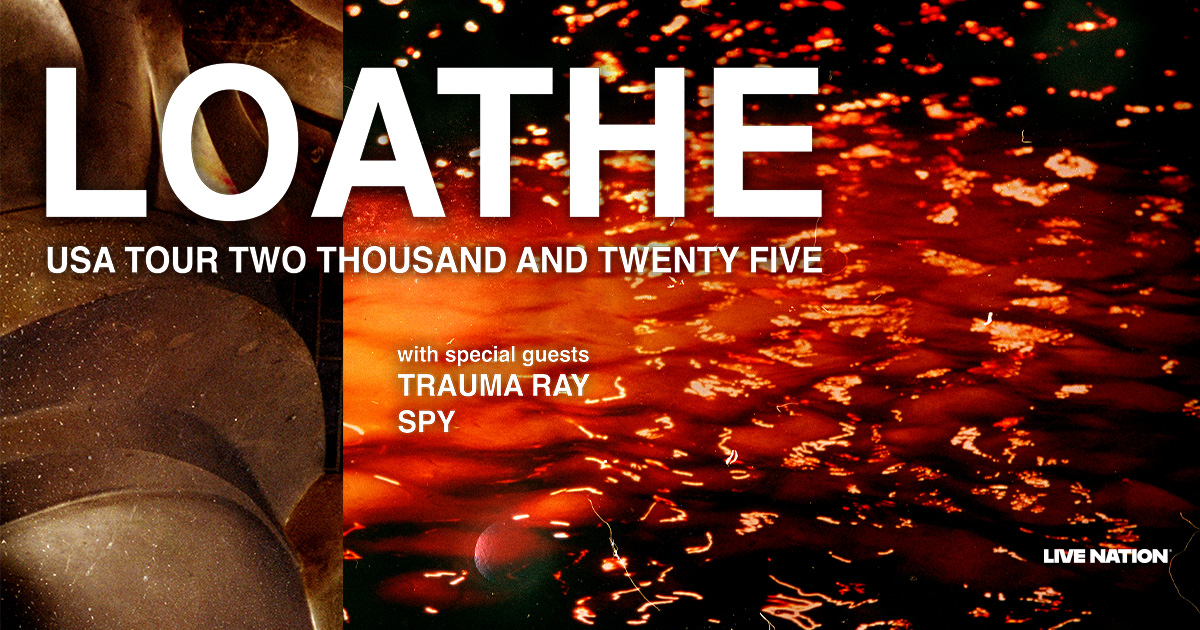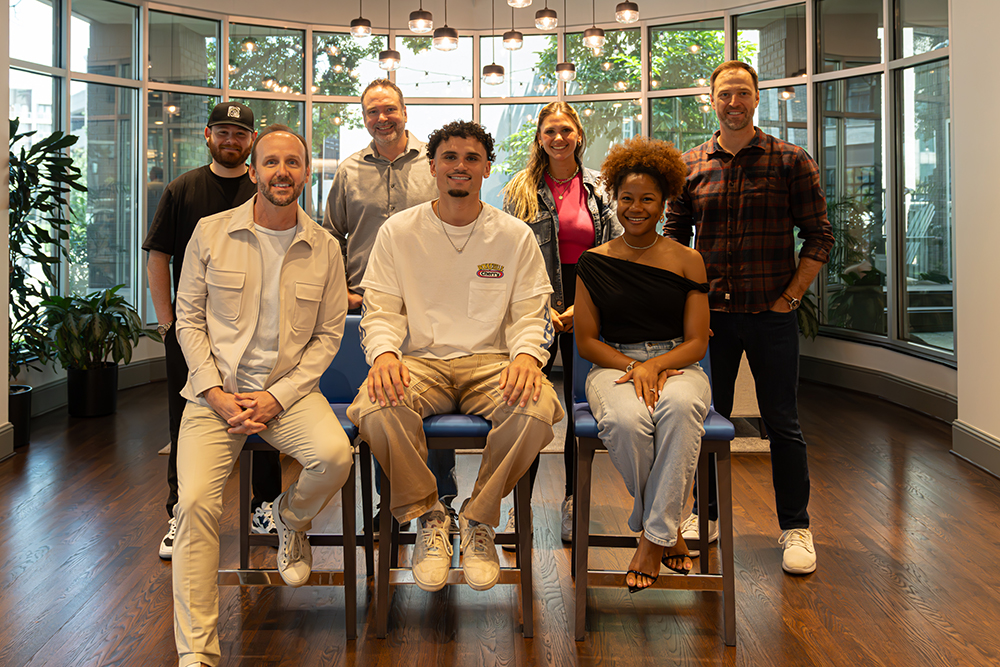WASHINGTON D.C. (CelebrityAccess) — The Eagles’ Don Henley on Tuesday called on Congress to update copyright laws amid an ongoing dispute between the recording industry and digital content distribution companies such as Google’s YouTube.
“As a 55-year veteran of the music industry, I was asked, by the chairman of this Senate subcommittee, to come here and testify, today on behalf of the creative community – songwriters, musicians, music publishers – also known, in today’s digital world, as “content providers.” I am present, today, not to be contrary, not to advance a personal agenda (at age 73, and indefinitely homebound by the Covid-19 pandemic, I am in the final chapter of my career), but I come here out of a sense of duty and obligation to those artists, those creators who paved the road for me and my contemporaries, and for those who will travel this road after us,” Henley said in the opening remarks of his testimony.
“It is truly unfortunate – and patently unfair – that the music industry is perceived only in terms of its most successful and wealthy celebrities, when in fact there are millions of people working in the industry, struggling in relative obscurity; people whose voices would never be heard were it not for hearings such as this one being held, today. So, I am compelled to seize this rare opportunity to discuss aspects of the fundamental issues that are foremost in the national conversation, at this anxious moment – fairness, rights, mutual respect and … in this case, economic justice and equal opportunity,” Henley added.
Henley made his remarks during testimony (conducted remotely due to COVID-19) in front of the United States Senate Subcommittee on Intellectual Property which is currently weighing potential revisions to the Digital Millennium Copyright Act (DMCA).
Section 512 of the DMCA creates a “notice and takedown” framework, allowing copyright holders to request the removal of content that they believe to have been used without permission. The system is intended to provide content distributors such as YouTube to avoid becoming entangled in potential copyright breeches of their users, while providing a means to control copyrighted material to the owners of intellectual property.
However, the system is fraught with pitfalls and detractors claim it allows services such as YouTube to serve as an unlicensed music streaming service without penalty until a takedown notice is filed.
As well, while users can dispute takedown claims, they have little recourse or protection against false claims and there are numerous examples of takedown notices filed on music that is not subject to copyright.
Henley took issue with the current takedown notice system, which he says needs to be updated to make it more effective in stopping online piracy.
According to Henley, a “simple online search” reveals “endless” results of sites hosting copyrighted material that “never received a license and never passed on a penny to the artist for use of their music.”
Henley also raised objection to what he claims are digital platforms that use section 512 as a negotiating tool to pay under-market rate for license fees.
“Today, when the marketplace has matured, and digital platforms continue to use section 512 as a negotiating leverage to pay license fees which are well below market – the system is not working,” he said.
Additionally, Henley objected to the burden of copyright enforcement being placed on the rights-holders instead of on the content distribution companies.
“The system is antiquated and badly broken. And the creative community is paying a very steep price. I have worked hard to establish my career and reputation, and I have enjoyed success. For me, this is a matter of principle. I am speaking out for those songwriters and recording artists who are struggling to make a living. Particularly now, as our industry has been decimated by the pandemic, we need equitable compensation for the rights guaranteed to authors under the Constitution,” he said.




















